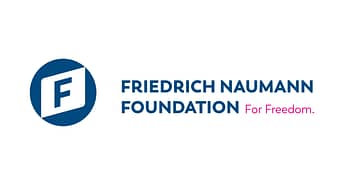By Nicolas Hénin, EU DisinfoLab
Introduction
- France has not been spared by the waves of disinformation that have affected Europe recently on the pandemic, the war in Ukraine, or climate change.
- The disinformation actors move from one subject to another quickly as crises unfold. The Yellow Vests crisis has been foundational in the polarisation.
- Civil society shows a degree of informational resilience, as demonstrated, for example, by the marginal impact of the Macron leaks. France has a dense network of fact-checkers and many media literacy initiatives. Moreover, it has put in place several laws to tailor the response against disinformation. However, these initiatives may seem uncoordinated, making the doctrine a bit confusing.
To gain a more accurate understanding of the French disinformation landscape, click on the below button.
We have more European country factsheets. Curious to discover the others? Click here.
This project is funded by the Friedrich Naumann Foundation for Freedom.



